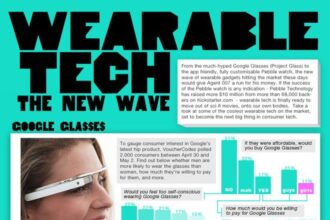This company has evolved out of the MIT labs. This is amazing that for as little as  $
$
This company has evolved out of the MIT labs. This is amazing that for as little as  $2.00 you can attach a piece of hardware to your smart phone for a quick eye exam. This is not going to replace the optometrist any time soon but can be used anywhere to calculate your vision. Not too long ago MIT came out with another inexpensive attachment for the iPhone to detect cataracts, read more at the link below on that one.
$2.00 you can attach a piece of hardware to your smart phone for a quick eye exam. This is not going to replace the optometrist any time soon but can be used anywhere to calculate your vision. Not too long ago MIT came out with another inexpensive attachment for the iPhone to detect cataracts, read more at the link below on that one.
iPhone With Cheap Plastic Lens To Detect Cataract–MIT
This is a cloud based program and with someone who is trained to read the results eye tests can be done anywhere, especially in areas where optometry is not readily available. Perhaps soon we might even see this at the local drug store to buy off the shelf. The company has already partnered with Tufts Medical Center.
One of my thoughts here too is the DMV eye tests, can you imagine how this would make changes there? The entire process takes less than 2 minutes to calculate. Believe it or not, this is related to the bar codes that we now use on our smart phones with the same type of technology so we are scanning our eyes in essence with a very similar optical reading system. More on the actual development at the video below.
Add this on to the growing list of what your smart phone can do for you. BD
There are very few medical devices that cost two dollars, but the Boston based startup eyeNETRA (@eyenetra), has developed a truly jaw-dropping smartphone attachment that costs two dollars and could help billions of individuals around the world currently without access to eye-care.
eyeNetra’s invention (from the MIT Media Lab – surprise surprise) is a way to measure near or far-sightedness by combining a simple optical attachment with software on a mobile phone.
According to the eyeNETRA’s information document, the standard method for diagnosing refractive eye conditions is the Shack-Hartman device, which shines a laser into the patient’s eye and measures the refracted light with a wavefront sensor. The company’s Near Eye Tool for Refractive Assessment (NETRA) is the inverse of a Shack-Hartman device. A patient looks at a cell phone screen through a simple pinhole array at a very close range and aligns the displayed patterns.
Since light from these patterns go through different regions of the visual system, the act of aligning them gives a measure of the optical distortions of those regions and the required refractive correction is computed.










